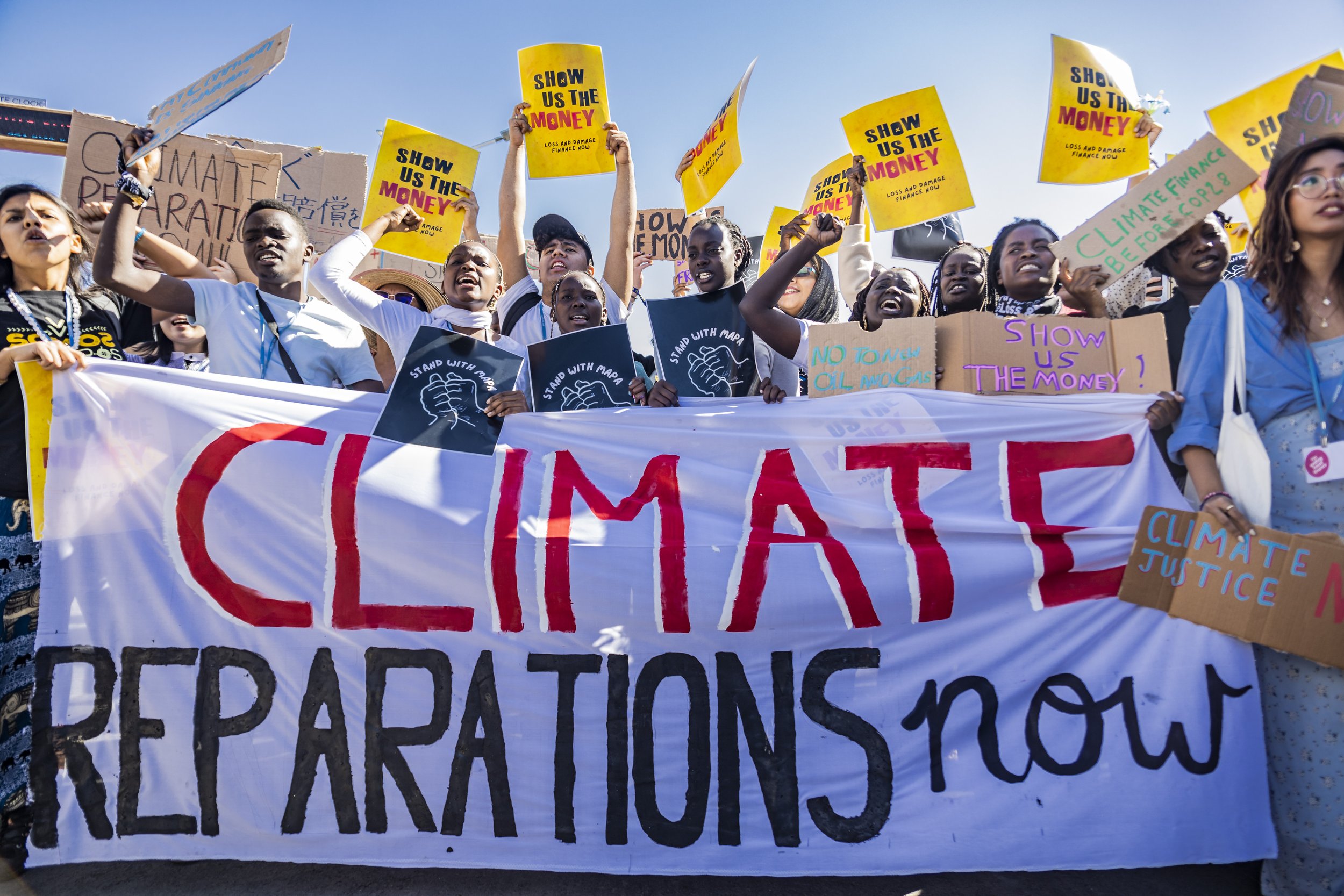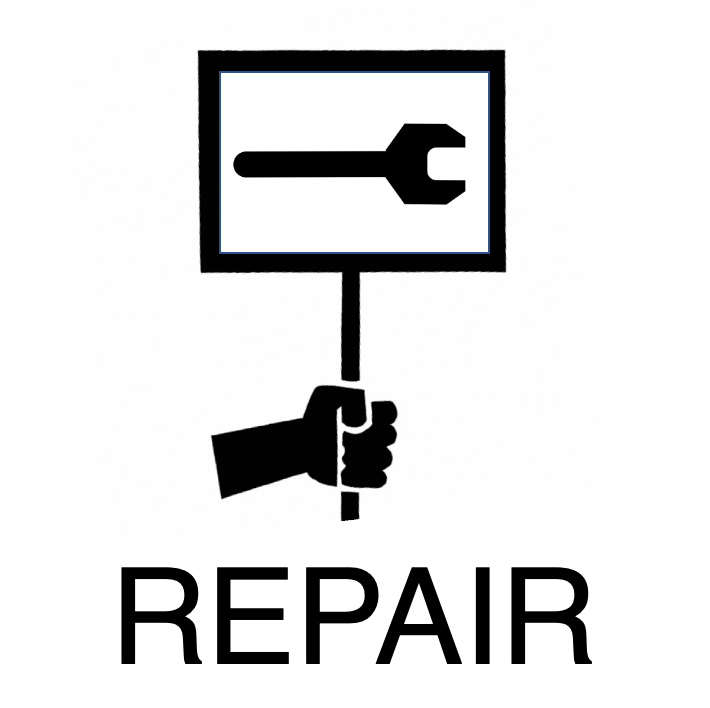
Reparations and global development
Research Team
-

Dr Felix Stein
Principal Investigator (PI)
Felix works as economic anthropologist for the Department of Anthropology at the UvA, and the Centre for Development and the Environment at the University of Oslo. He has a special interest in development finance and global health governance. [Find out more]
-

Dr Mausumi Moran Chetia
Postdoctoral Researcher
Mausumi is a researcher in the Department of Anthropology at the UvA. As an interdisciplinary academic and researcher, she works on climate-related disasters, (im)mobilities, and their multilevel governance. She is especially interested in exploring critical narratives and everyday practices of social justice and working with displaced/at-risk climate-vulnerable communities. As part of REPAIR Mausumi will study reparations in the context of Climate Change.
-

Tabitha Hrynick
PhD Researcher
Tabitha joins the REPAIR team as a PhD researcher in anthropology focusing on reparations for communities impacted by radiation exposure from nuclear weapons testing and uranium mining in New Mexico. Her research is informed by her interdisciplinary critical social science background and previous work on diverse health (in)justices and their roots in 'pathogenic' political, economic, and social systems and relations.
-

Hanna Horváth
Project Assistant
Hanna works as a research and administrative assistant within the Anthropology Department at the UvA. Her background is interdisciplinary; she has trained as a medical anthropologist. She supports projects with research-related and organizational tasks.
-

Janus Oomen
Finance Manager
Janus works as the Programme Manager for Anthropology at the UvA. He supports researchers with grant applications, management and monitoring. He has a background in development economics and likes to make life and work easier for his researchers. [Find out more]
-

Geraldine Ramilo
Junior Researcher
Geraldine holds a master's degree in Economic Development and International Relations and has worked with NGOs, international organizations, and tech companies. She is highly interested in international development as well as conducting both qualitative and quantitative research. For the REPAIR project, Geraldine will build an overview of major reparations payments made in recent decades around the world.
-

Samuel Pierre de Deuxième-Plaine Petit-Goâve
Junior Researcher
Samuel is a psychologist and teacher with a master’s degree in History, Memory and Heritage. He is affiliated with the Centre de Formation pour l’École Fondamentale (CFEF), the Ministry of National Education and Vocational Training (MENFP) in Haiti, and the State University of Haiti (UEH). Samuel’s work focuses on learning difficulties, history education, and overcoming colonial violence in Haiti.
Former Members
-

Marie-Claire Reid
Junior Researcher (2024-2025)
Marie-Claire a is doctoral student at Université d'État d'Haïti and Université Laval. She taught sociology and social research methodologies in the Department of Social Sciences at the State University of Haiti. Marie-Claire's research is centered around class and racial conflict, and the legacies of slavery in the Caribbean, with a focus on Haitian identity.
-

Anjali George
Master's Researcher (2024-2025)
Anjali is a master's student in the Medical Anthropology and Sociology program at the UvA. She has a special interest in Global Health and SRHR. On the side, she works with an NGO advocating for menstrual equity. For the REPAIR project, Anjali focused on vaccine injury compensation programs.
-

Lina Le Pelley
Master’s Researcher (2024-2025)
Lina is a master's student in Cultural and Social Anthropology at the UvA. She is interested in racialization, (post)colonial reconciliation, and multimodality. For the REPAIR project, Lina studied current colonial reparations related negotiations between Germany and Namibia.
Advisory board
Prof. James Carrier - James G. Carrier has taught anthropology and sociology, and carried out research, in Papua New Guinea, the United States and the United Kingdom, as well as studying environmental conservation in Jamaica. His publications include Gifts and Commodities (Routledge 1995), Meanings of the Market (ed., Berg 1997) and Virtualism, Governance and Practice (co-ed. with West, Berghahn 2009).
Prof. Barbara Rose Johnston - Senior Fellow at the Center for Political Ecology, Santa Cruz and Adjunct Professor of Anthropology at Michigan State University, United States
Prof. Desmond McNeill - Emeritus Professor, former Director of the Centre for Development and the Environment (SUM), University of Oslo, Norway. Political economist specializing in global governance. His recent publications include Fetishism and the Theory of Value: Reassessing Marx in the 21st Century (Palgrave Macmillan, 2021), and Ethics and human rights in the World Bank (in Vetterlein & Schmidtke eds. The Elgar Companion to the World Bank, 2024).
Prof. Jhon Picard Byron - Professor of Anthropology, State University of Haiti, Haiti
Prof. John Torpey - Presidential Professor of History and Sociology, Director of the Ralph Bunche Institute for International Studies at the Graduate Center at the City University of New York (CUNY), United States
Additional support
REPAIR is part of the “Moving Matters” research programme at the Amsterdam Institute for Social Science Research (AISSR)
